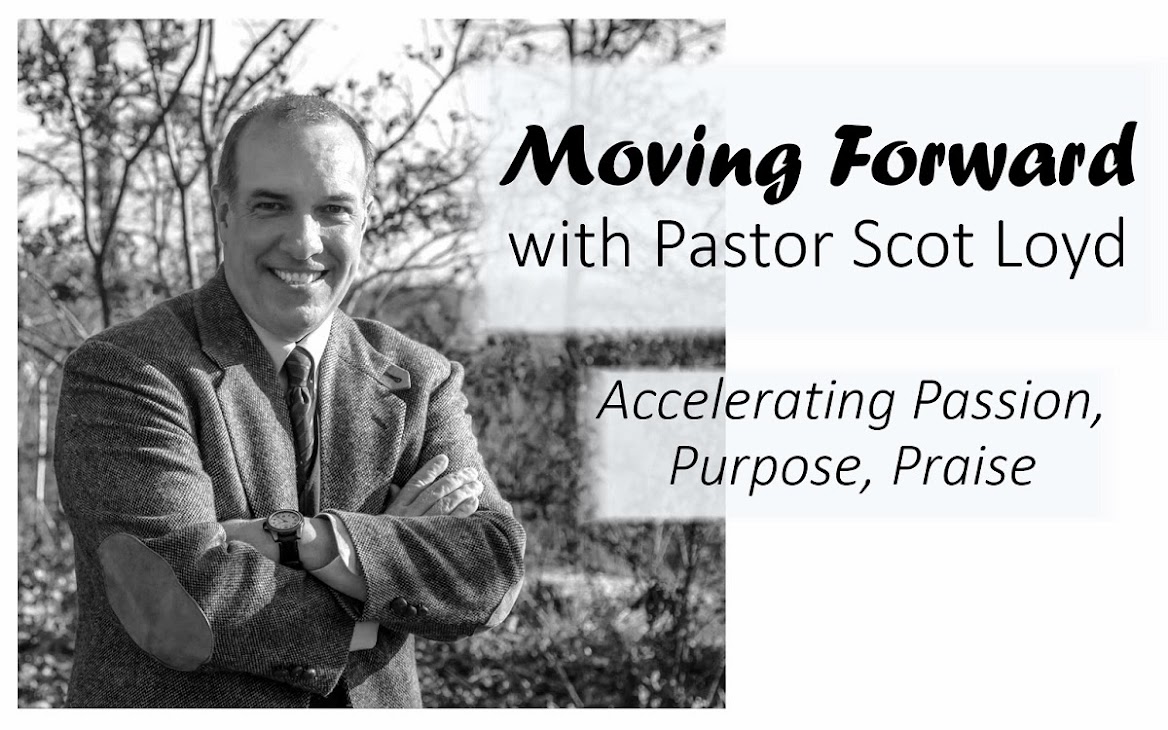Biblical writers often used sports
metaphors to help us better understand the Christian’s walk with God. For
example, in 1 Corinthians 9:24, the Apostle Paul writes: “Do you not know that
in a race all the runners compete, but only one receives the prize? So run that
you may obtain it.” Paul explains that the point of running is to obtain the
prize. So is the Christian life.
"The Christian’s prize is imperishable."
The prize for the Christian is not
a “perishable wreath” like the athletes received who participated in an early
form of the Olympics known as the Isthmian games played on the Isthmus of
Corinth. There, the athletes competed for a pine wreath that represented fame
and immortality that would be placed on their heads. But what the wreath
represented didn’t last much longer than the wreath itself.
The Christian’s prize, though, is
imperishable. Knowing this, Paul points out that, like the athlete, we should
“exercise self-control in all things” through disciple and refusing to “run
aimlessly.” Paul goes on to cite another athletic event at the Isthmian Games
in verse 26: “…I do not box as one beating the air.” The Christian does not
shadow box; the Christian isn’t engaged in activity just to work up a sweat,
but rather to engage real enemies in a real fight. Paul points out that the
enemy here is his own body. In verse 27, he writes, “But I discipline my body
and keep it under control, lest after preaching to others I myself should be
disqualified.”
When Paul speaks of disciplining
his body, he is referring to the fact that at the Isthmian games, a contestant
could be disqualified for failing to meet the training requirements. The athlete
couldn’t even run, much less win. Paul did not want to spend his life preaching
requirements to others and be disqualified by his own passions by not meeting
the requirements himself.
"Paul is not employing these metaphors to somehow teach that like an athlete competes for a prize we compete for salvation, as if salvation is dependent on our ability."
To be clear, Paul is not employing
these metaphors to somehow teach that like an athlete competes for a prize we
compete for salvation, as if salvation is dependent on our ability. Rather, he
is saying that once the Christian has been entered into the race by the work of
the Holy Spirit, it is then that we allow Christ to work in our lives to bring
about the necessary discipline to separate ourselves from the depraved ways of
our own sinful desires and the deceptive influences of this world.
For instance, in Galatians 5:7 Paul
writes, “You were running well. Who hindered you from obeying the truth?” False
teachers who claimed that it was necessary to keep works of the Law of Moses in
order to qualify for salvation were influencing the churches established by
Paul. The word “hindered” could be translated “who cut in on you.” In the
context it suggests tripping or otherwise running into another competitor.
"We run into trouble when this world, our own selfish desires, and good works done in a misdirected effort to improve our standing before a righteous God, trip us up."
In his book Paul’s Metaphors:
Their Context and Character, David J.
Williams explains, “The Greek stadium was a rectangle about 220 yards long by 8
to 13 yards wide. A line at each end marked the start and the finish, and
there was a turning post in the middle of each line. In races longer than
a single lap, the runners had to circle the post…When the runners were of
comparable ability, bunching at the post was inevitable and interference was
likely to occur…In terms of Paul’s metaphor, it was at this point that the
Galatians had run into trouble.” Like the Galatians, we run into trouble when this
world, our own selfish desires, and good works done in a misdirected effort to
improve our standing before a righteous God, trip us up.
In 1 Peter 4:7 we read these words,
“The end of all things is at hand; therefore be self-controlled and sober
minded for the sake of your prayers.” The challenge for the athlete nearing the
end of a contest is to make every shot count. The challenge for the Christian
is to make every prayer intentional, that we might finish in an excellent way
for the glory of God. Let us find the strength to compete to the end as the
Holy Spirit propels us across the finish line.

























